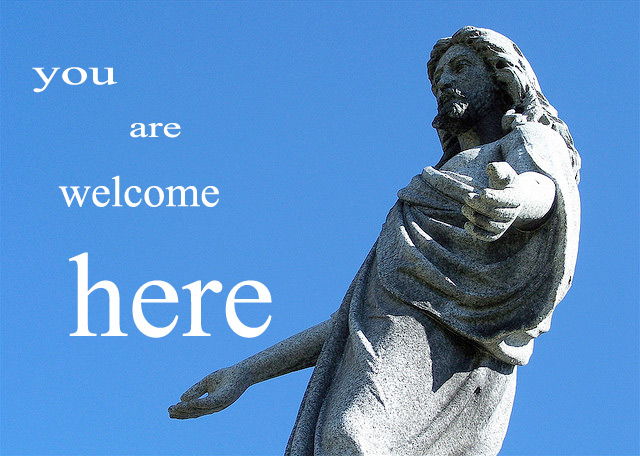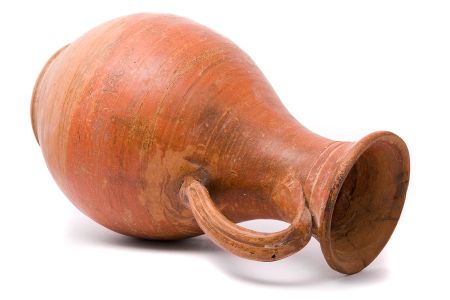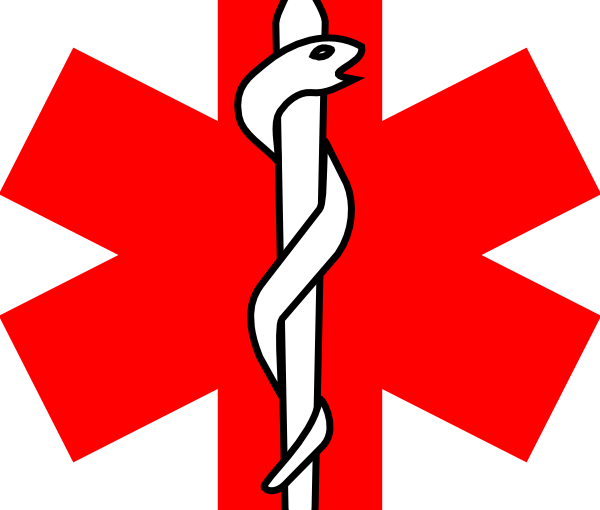John 5:19-29 (NRSV)
19 Jesus said to them, “Very truly, I tell you, the Son can do nothing on his own, but only what he sees the Father doing; for whatever the Father does, the Son does likewise. 20 The Father loves the Son and shows him all that he himself is doing; and he will show him greater works than these, so that you will be astonished. 21 Indeed, just as the Father raises the dead and gives them life, so also the Son gives life to whomever he wishes. 22 The Father judges no one but has given all judgment to the Son, 23 so that all may honor the Son just as they honor the Father. Anyone who does not honor the Son does not honor the Father who sent him. 24 Very truly, I tell you, anyone who hears my word and believes him who sent me has eternal life, and does not come under judgment, but has passed from death to life.
25 “Very truly, I tell you, the hour is coming, and is now here, when the dead will hear the voice of the Son of God, and those who hear will live. 26 For just as the Father has life in himself, so he has granted the Son also to have life in himself; 27 and he has given him authority to execute judgment, because he is the Son of Man. 28 Do not be astonished at this; for the hour is coming when all who are in their graves will hear his voice 29 and will come out—those who have done good, to the resurrection of life, and those who have done evil, to the resurrection of condemnation.
I’ve teared up while reading to my kids more times than I can remember. In children’s literature, so often good triumphs over evil, well-matched couples fall in love, old conflicts are reconciled, and the earth rejoices. Life is like this sometimes, but nowhere near so dependably.
One of my favorite books to read to my sons, in particular, is the little one by Mercer Mayer, Just Me and My Dad. Narrated over a day of camping, the little guy tells the story of exciting and scary and ordinary moments shared together with his dad.
Here what gets you as a parent is just how much they love being together, how companionable and well partnered they are in all things. And you dream that your kid will keep feeling this way about you.
John reads like Jesus’ “Just Me and My Dad*” story. They’re so close, they do everything together. And the cool thing we’ll see later in John is that Jesus wants us to apprentice us into this same “Me and My Dad” kind of connection to the God of the universe.
Pretty awesome.
*Yes, Jesus lived and John wrote in a patriarchal culture, and Jesus gave new life to a tradition where the most intimate and powerful – and thus unusual – way to refer to God was as one’s Father. God is not gendered, of course, and so Mother God, and Parent God are also valid and helpful ways of approaching this relationship too.*
On those terms, can I try a paraphrase?
“I’m never alone. I watch what God is doing, and that’s what I’ll do today. Just me and my Dad.
My dad loves me and shows me everything, so I can do special things. And it just keeps getting better and better.
My dad likes making everything wonderful, giving everybody better life, more life. And I do this for my dad now – he trusts me with everything and everyone.
I can help you know my dad too. And I mean everyone. I’m about to go tell all the dead people too. EVERY body will get what they deserve from me and my dad. It’s up to me. I can do what I want – punish and praise, give life and death. All up to me and my Dad.”
So it gets a little creepy at the end, I admit. We’re outside of Mercer Mayer territory now, but what do you think Jesus is going to do with all that authority?
Enjoy your day, just you and your dad.











